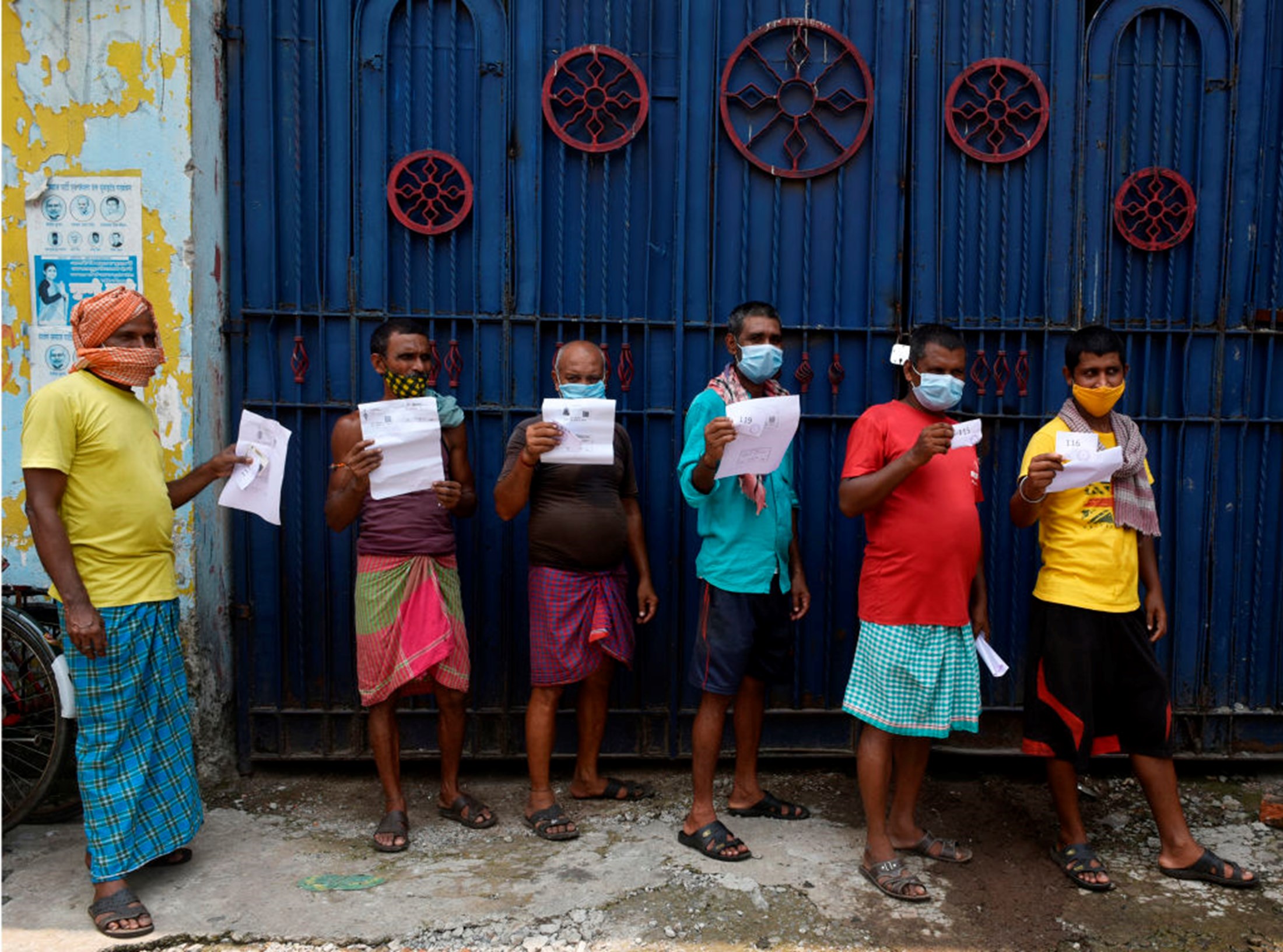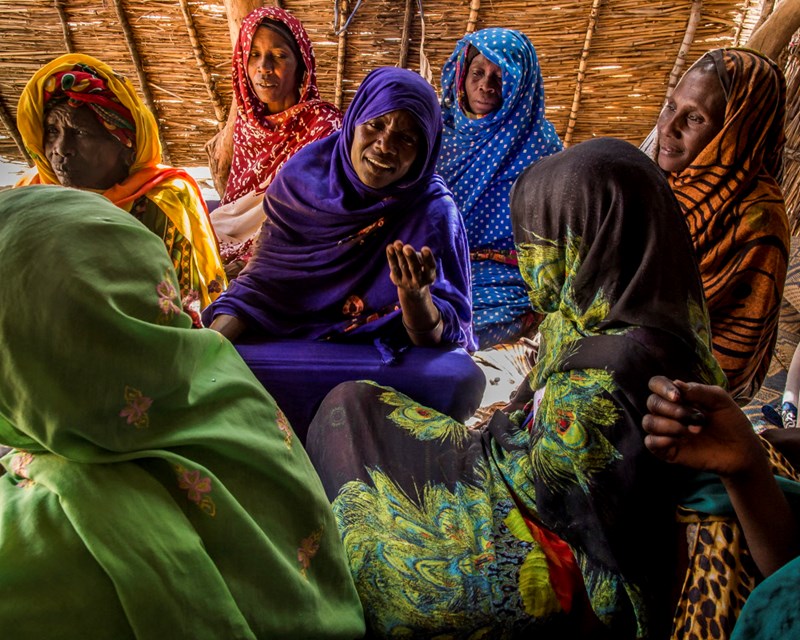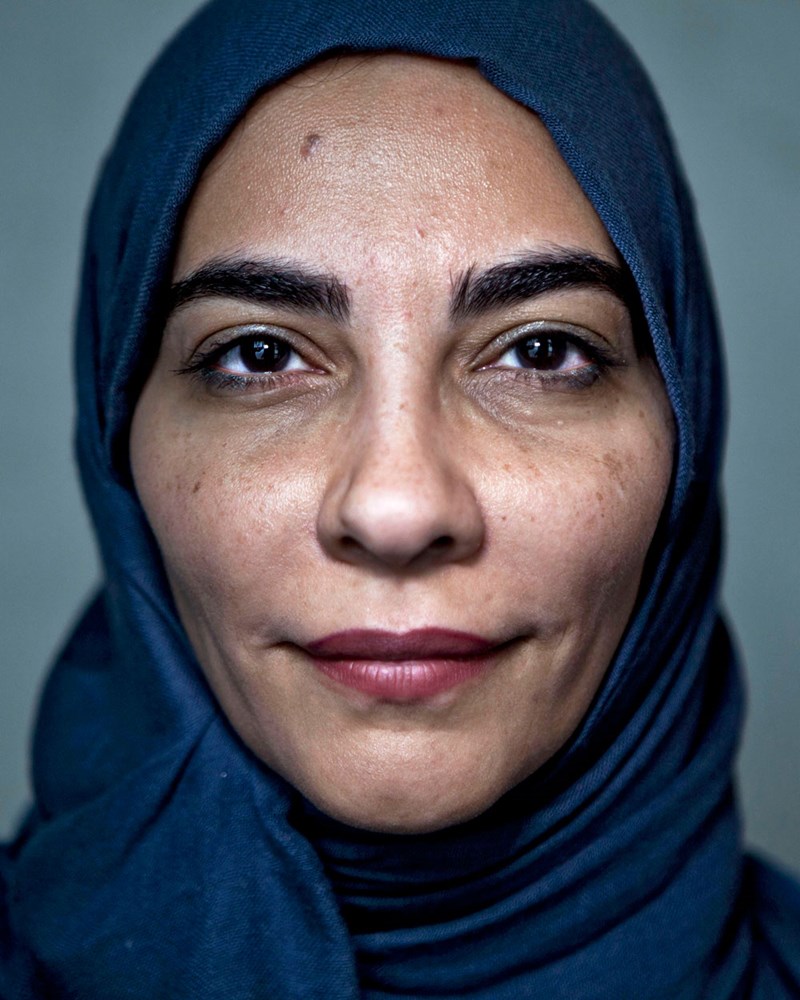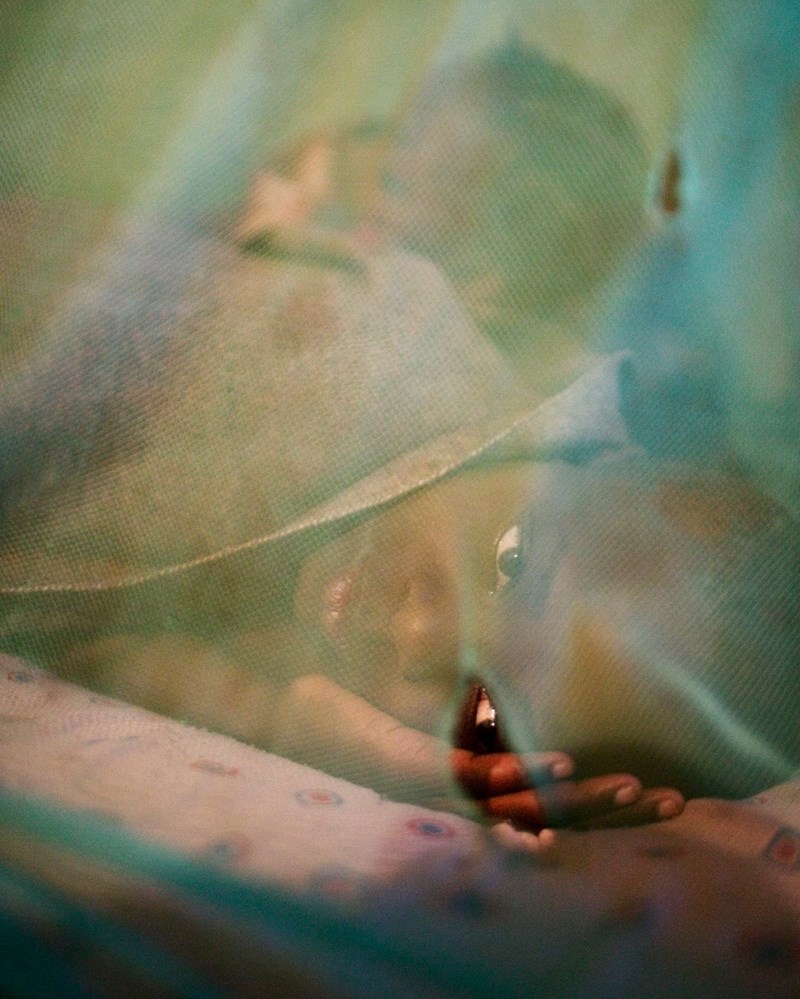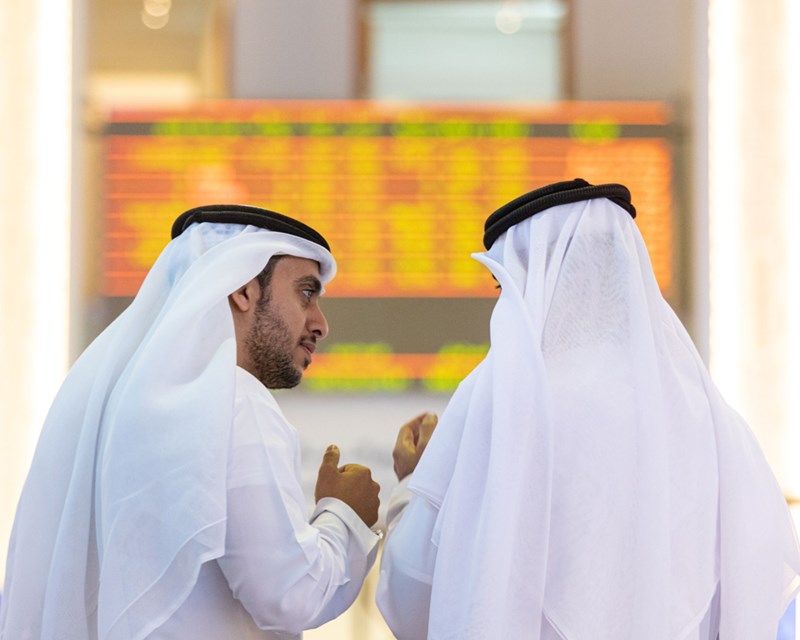A fund launched by Community Jameel to invigorate the fight against infectious diseases signals a new focus from the Saudi-based foundation on promoting equity in science, its director said.
The Jameel Fund for Infectious Disease Research and Innovation will award grants of up to $65,000 to projects that could help quell the global threat posed by coronaviruses and other diseases, funding corresponding research at both Imperial College London and King Abdulaziz University in Jeddah.
The two-year programme includes two funding rounds for each institute, with grants awarded and overseen by a joint committee of faculty members.
The fund, which aims to forge peer-to-peer ties between the institutes, reflects a new emphasis in Community Jameel’s grant-giving towards investing in north-south collaboration and creating opportunities for researchers in the global south, said director George Richards.
“This is something new for us,” he told Philanthropy Age. “As Community Jameel, we’ve very much decided to put a strong focus on this question of global equity in science and research, and in thinking how we can strengthen – particularly in the global south – research institutions.”
The structure of the Jameel Fund, a pilot for this new ethos, is designed to help build capacity among south-based scholars, a group underrepresented in scientific output and debate. Researchers in lower-income nations can face barriers in securing funding and global recognition, including less frequent citations of their work in western journals.
In healthcare, this also means fewer trials that take into account the specific factors at play in low-income countries, such as treatment availability, price, and other resource constraints.
“If we can create a platform for peer-to-peer collaboration, and integrate global south researchers and institutions into what are often more visible and better-funded research institutions of the global north, it has the potential to unlock all kinds of technologies,” Richards said.
“It’s an opportunity not only to support important research, but to do so in a way that empowers and provides more capacity to global south researchers.”
The Jameel Fund will focus particularly on late-stage projects with the potential for high impact. “It’s what we’d call catapult funding, in the sense that it's trying to drive forward that last push needed to get a solution out of the lab and into the field,” said Richards.

